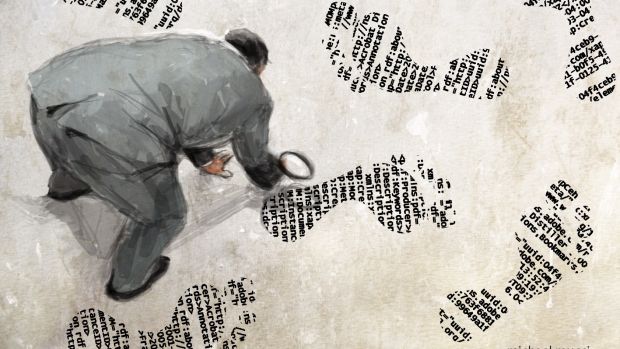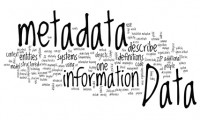In 2015, the Australian government passed a law obligating all Australian telecommunication companies and internet service providers, such as: Telstra and Optus to store their users’ metadata logs for as long as 2 years without their customer’s approval or a legal warrant. Companies were given a 2- year grace period until April 13, 2017 to started implementing this internet privacy slaying law into their systems. However, some companies are still not ready to prompt metadata retention and are asking for a grace period extension.
“The resulting timeframe put many service providers under immense pressure to complete the work to enable them to comply with this onerous regime within the deadline,” the Communication Alliance’s chief executive John Stanton said.
So What does this data harvesting mean? It means that telecoms and broadband providers will now officially start storing any personal and sensitive data and are allowed to legally share them with the Australian government when they are asked to without their customers’ consent. So what exactly is “metadata” and how would metadata retention law affect an individual’s privacy and security? Scroll down for more details.

What is Metadata & How Would It Affect You?
According to the definition described by Australia’s Attorney-General’s Department, metadata is any data footprint left after carrying out any online activity or any other activity that is related to electronic communication.
“Intelligence and law enforcement agencies will have immediate, warrantless and accumulating access to all telephone and internet metadata required by law, with a $2 million penalty for telcos and ISPs that don’t comply,” he said.
In simpler words, telecommunication companies and broadband service providers have the legal right to keep records of all of your e-mails, mobiles and landlines. A 2-year log of who you contact, who contacts you and all of your internet activities. It is not the content of your electronic activities that is going to be stored, rather the websites you visit on the internet, the date, time and duration of your visits. Same thing goes for your calls and texts, your conversations will not be recorded, but who contacted you and whom you contacted at what time, on which date and for how long is what matters to your government. Let’s face it; no system will be able to store so much data for 2 years. Moreover, such data can be easily traced through your IP address (location).
In 2014, Prime Minister Tony Abbot said “The government requires a lawful warrant to look at Australians’ web-browsing history. This is not metadata, it’s content”.
In defense, the Australian government and pro-metadata advocates retention say that such actions would enable them limit criminal activities such as: violence and child pornography websites.
“It is also essential for investigating child abuse and child pornography offences that are frequently carried out online,” Attorney-General George Brandis said.
How Can You Evade Metadata Retention?
Is it still possible to work around the government’s plans to keep an eye on your internet activities? Absolutely, privacy advocates have named today as “Happy National Get A VPN Day“. A VPN which stands for “Virtual Private Network” is an application that can hide your identity online and secure your personal data. It works by masking your original IP address (location) so it would appear as if you are surfing the web from an entirely different country or continent. In this way, all of your browsing activities will not be monitored by your government or traced by any other party. Further, your sensitive and personal data will be protected from hackers and phishers. In addition to privacy and anonymity, a VPN allows you to bypass any geo-restrictions to be able to access any regionally restricted content.
“VPNs are reasonably cheap and they don’t hit performance too hard, but they are not necessarily a magic bullet for data retention,” Greens senator and communications spokesperson Scott Ludlam said. “Learning about encrypted messaging apps, which ones are robust and which ones aren’t, is also a good idea. Signal is good because it’s open source and auditable. Other apps like Wickr and Telegram come to mind because they’re not auditable.” he added.
Conclusion
The Australian citizen’s privacy is definitely compromised by Big Brother. he is legally now watching your every footprint you leave whether on the internet, on your mobile or even your landline. There is no such thing as semi-freedom or semi-privacy. Freedom and Privacy are entitled to everyone. Therefore, as the battle between pro and anti privacy escalates, there will be always a way around the system to protect yourself from all peeping Toms.


